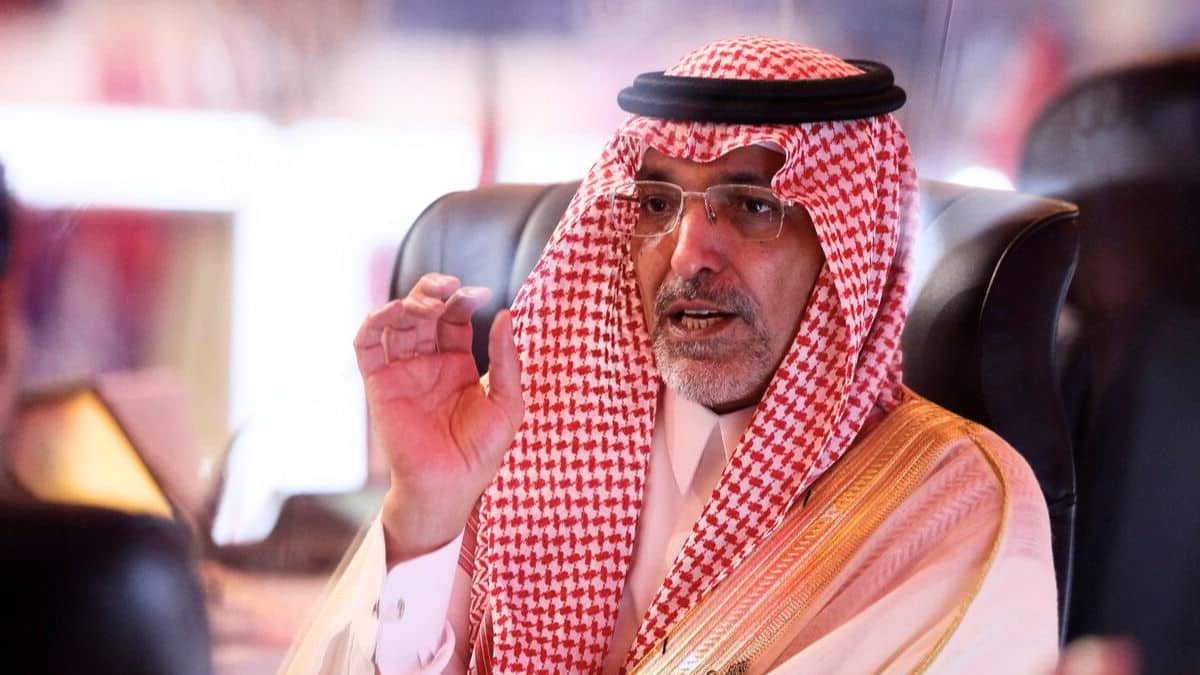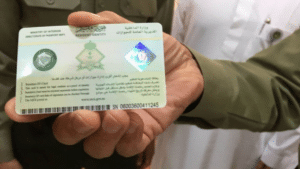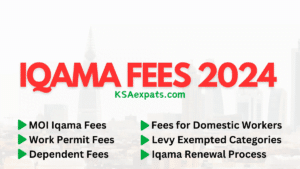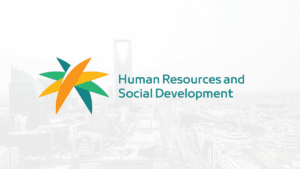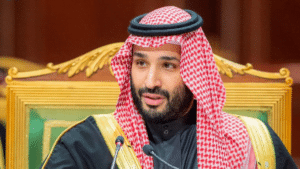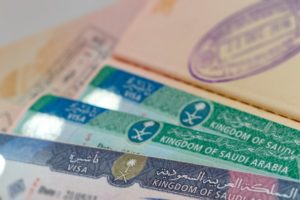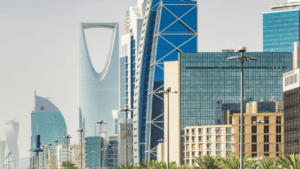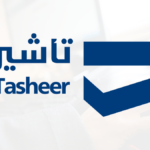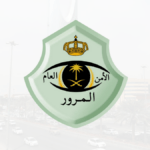In a recent interview on the Thamanya podcast, Saudi Arabia’s Finance Minister, Mohammed Al-Jadaan, shared some insightful updates on the government’s current financial policies, particularly about expatriates living in the kingdom. Here’s a simplified breakdown of what’s going on:
Rethinking the Expat Dependent Fee
Since July 2017, Saudi Arabia has been charging expat workers a monthly fee for each of their dependents. Starting at SAR 100 per month for each dependent, this fee has been increasing by SAR 100 each year, reaching SAR 400 per month in 2020. But there’s a change in the air! The Saudi government is reconsidering this fee to make the country more attractive to international talents. The goal? To boost the Saudi market by inviting new skills and expertise.
Why Change Now?
Saudi Arabia’s economy is thriving, but the dependent fee has had some unintended consequences. It’s been tough on family spending and has even led some expats to move their families out of the country. This outflow of funds isn’t ideal for the kingdom’s economic health, as it means less money is spent locally, impacting the economy negatively.
The Bigger Picture
The dependent fee was initially introduced as a way to manage the economy better. With millions enjoying subsidized services like electricity, water, and healthcare without direct contribution, the fee aimed to balance out this usage. However, with most goods and services being imported, the government is now reconsidering the fee’s impact on the overall economy and its attractiveness to foreign workers and their families.
Subsidies, Taxes, and Economic Reforms
Saudi Arabia has been adjusting its approach to subsidies and taxes, aiming to support those who need it most while also encouraging economic stability. The introduction of the Value-Added Tax (VAT), for example, was a significant change that aimed to redistribute resources more effectively, despite criticism. The VAT and other policies are under constant review to ensure they bring more benefits than drawbacks.
Looking Ahead
The Saudi government is keen on creating a stable environment that attracts talent and supports the expatriates and their families contributing to the economy. This includes potentially revisiting the expat dependent fee and other economic policies to ensure they align with the kingdom’s long-term goals of growth and inclusivity.
In essence, Saudi Arabia is on a path of economic reform, aiming to balance its policies to better serve its residents—both citizens and expatriates. As these discussions evolve, it’s clear that the kingdom is striving to create a more welcoming and prosperous environment for everyone.
